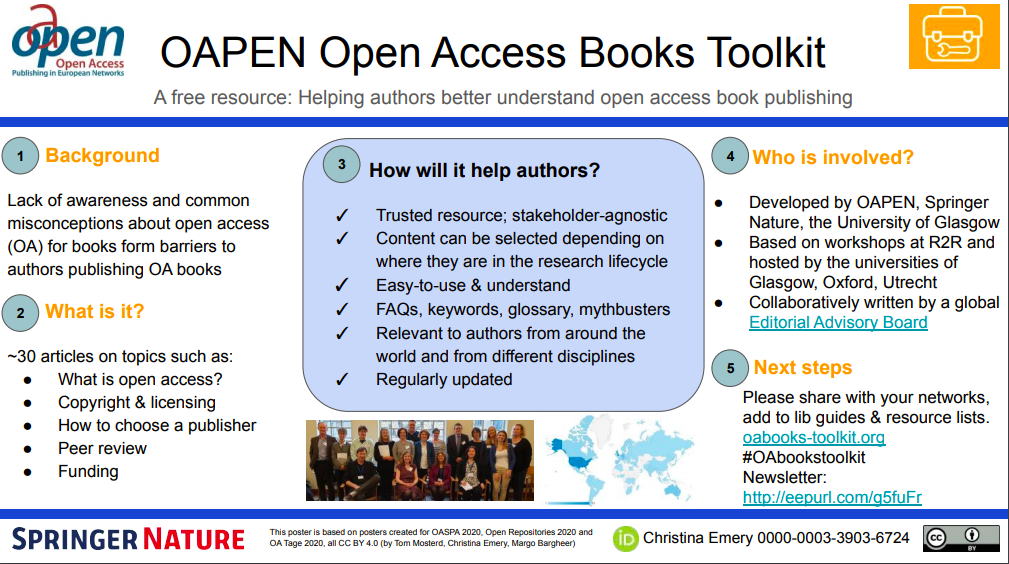[ DIGITAL TRANSFORMATION ] November 19, 2020
Top Trends and Focuses for Libraries in 2o21
Digitization and media literacy, the changing nature of education, open access, and inclusivity are the top trends for libraries in 2021.
As a year of uncertainty comes to a close, the role of academic libraries has become all the more pivotal and distinctive as they support the search for information in a time of crisis. As 2021 approaches, we have once again reviewed research from this year’s Charleston Library Conference to bring you the most important matters that librarians across the globe are grappling with right now, along with the priorities for the year ahead.
Inclusivity
In response to the recent wave of social justice movements as well a large interest in books on diversity, equity, and anti-racism, libraries are increasingly looking to promote inclusivity. As we look forward to 2021, many librarians, including those at Michigan State University, are encouraging the diversification of academic library collections to achieve this end. Michigan State University librarians recognize that diversifying collections is an important way to practice allyship and rid academic fields of systemic racism, sexism, and homophobia. Librarians at the University of Kent have also called for the “decolonization of curricula” to ensure that more students can identify themselves within collections. In working to both educate others as well as uncover and empower marginalized voices, libraries are helping to equalize academia and science as a whole.

Open Access
Amidst the recent push to equalize academia and research in order to ensure information is easily discoverable and accessible for all, Open Access content has gained significant traction. However, this has not rid authors of wariness when it comes to publishing Open Access books. The results of a 2019 Springer Nature study have found that this is largely due to lack of awareness. In response to these findings, Springer Nature, OAPEN and the University of Glasgow have developed the OAPEN Open Access Books Toolkit, a free resource that summarizes the key ways institutions can support and inform authors of the benefits of Open Access publishing. The move towards more open and accessible content will only accelerate in 2021.

The Changing Nature of Education
With the unprecedented move to online learning due to the COVID-19 pandemic, digital resources have become all the more essential in 2020. However, this shift has also presented many challenges for libraries. A librarian from the University of Mary Washington discussed her experience using a reading list solution that was integrated into the library’s collections in order to allow for a more seamless digital transition. Librarians at the University of Central Florida had a similar idea, creating an educational seminar on eBook and video streaming licensing geared towards librarians, and teaching faculty. These efforts to provide more information and support for educators as they adjust to the virtual and or hybrid classroom will certainly continue in the new year.

Digitization and Media Literacy
In keeping with the digital migration this year, librarians at The College of New Jersey have found that academic library book purchasing has shifted dramatically towards eBooks in light of both their accessibility and affordability. In response to this digital shift, Zoe Wake Hyde, the Assistant Director of the Rebus Foundation, explored the benefits of opening digital resources and research tools to improve library engagement. In keeping with this trend, two early-career librarians at the University of Tennessee-Knoxville have sought to explore the significance of media and digital literacy in academic spaces, and support students experiencing an information overload through lesson plans on data literacy and virtual media. In the wave of the popular use of terms such as "fake news," and “post-truth," particularly in regards to US politics, misinformation has become a key focus scholarly discourse, especially amidst COVID-19, and these librarians also seek to examine the role academic libraries play in this battle for facts.

